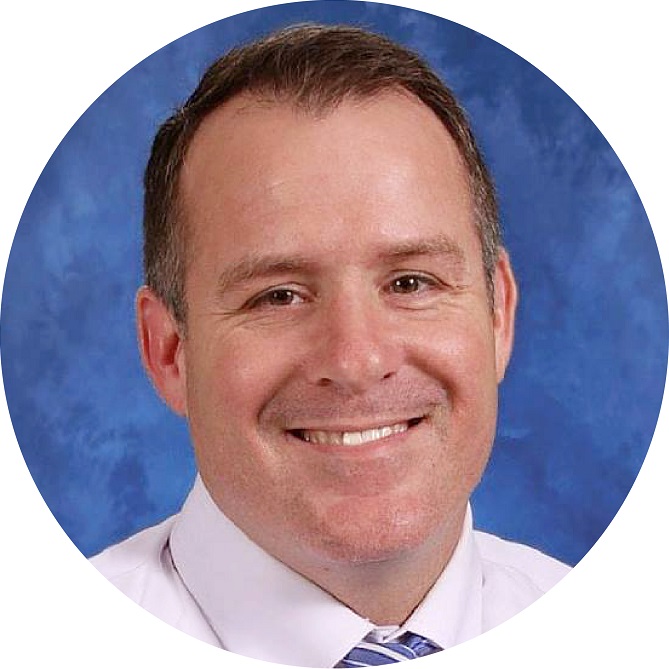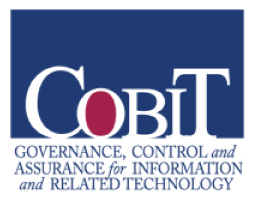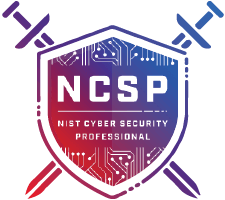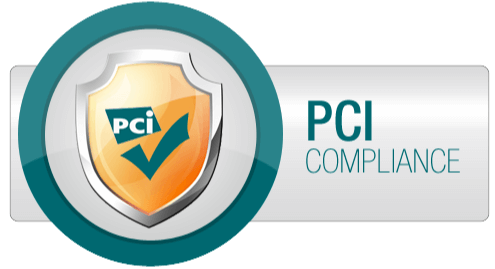Special education, as we know it today, was born out of conflict and has continued to serve as a lightning rod for controversy and litigation since the early 1970s. In the history of the United States few areas in the pantheon of education have drawn any where near the amount of debate, litigation, and scrutiny as special education over the past 45 years.
There was much fighting involved in the passage of P.L. 94-142 (1975) and quite a bit of conflict over the PARC v. PA (1971) and Mills v. Board of Education (1971) cases – all of which played major roles in the building of the foundations of the field of special education as we know it today. This comes as no surprise in that all great strides in civil rights in America have only occurred after great struggle and conflict.
Today, however, as we celebrate Autism Awareness Month, we will take a moment to step away from controversy and celebrate the incredible journey of special education in America, and in particular, celebrate the advocates, adults and children with Autism Spectrum Disorder (ASD), their teachers, families and everyone else who has worked tirelessly to advance the field of special education.
Promoting Awareness
Discussing both the field of special education as a whole and ASD in particular makes a lot of sense. The incidence rate of ASD has skyrocketed over the past half-century, and it is in large part due to the hard work of advocates for children with ASD that has driven the awareness necessary to help identify and assess these young people, and the presence of a very powerful law (IDEA) that has required the appropriate identification and evaluation of all children suspected of having disabilities.
According to Wright (2017):
The prevalence of autism in the United States has risen steadily since researchers first began tracking it in 2000. The rise in the rate has sparked fears of an autism ‘epidemic.’ But experts say the bulk of the increase stems from a growing awareness of autism and changes to the condition’s diagnostic criteria.
Although some argue environmental factors have contributed to the growth in incidence among students with ASD, it is highly likely that ASD has always existed at current levels and that we have only begun to fully and appropriately identify and assess individuals with ASD. The growth in the number of students being identified with ASD has been exponential, which is in direct proportion to the efforts and success of ASD advocates in promoting public awareness. This increase in incidence is emblematic of the success advocates for children with ASD have had in working on behalf of them.
Advocating Legally
Whether it be success with litigation or the 1990s addition of Autism as an eligibility category under IDEA, advocates of students with ASD have had tremendous success in advancing the rights and opportunities for children with ASD. They have been among the most successful groups working on behalf of students with disabilities. In fact, a recent review of litigation indicates that Autism-related court cases are more than 10 times as prevalent as those related to other areas of disability (in relation to FAPE-based IDEA complaints).
The most important recent Supreme Court case that impacts all of special education, Endrew F. v. Douglas County School District (2017), was steered to the High Court by parents, attorneys and advocates of children with Autism.
Prior to Endrew F. standards for Free and Appropriate Public Education (FAPE) were guided by the Rowley (1982) decision, which established the “merely more than de minimis” standard for providing education to students with disabilities. However, in Endrew F., parents of a son with ASD successfully argued that his school had not set appropriately ambitious goals and that he had not made meaningful progress. Endrew F.’s parents were able to demonstrate that in a private placement he made both academic and behavioral progress after years of little progress in public school. The court ruled unanimously in their favor, thus establishing new standards which require schools to demonstrate ‘meaningful progress’ and ‘appropriately ambitious’ goals for students with disabilities. In this way, the Endrew F. case serves as a lasting and powerful symbol of the importance of the ASD community and the impact they have had on the broader field of special education.
How can we get involved?
Autism Awareness month is a great time to think about how we can get more involved. Here are some ways we can support the individuals with ASD as well as the overall movement to promote Autism Awareness:
-
Advocacy:
We cannot let up on the advocacy front. We must continue to support and fund organizations that advocate on behalf of individuals with ASD. The law, including both legislation and litigation, is always evolving and we, the special education community, must remain steadfast in ensuring the right cases move through the system and that IDEA and other laws are reauthorized and funded appropriately. -
Training and Awareness in Schools:
Although awareness and prevalence are growing rapidly in the schools, we still have a long way to go to educate all members of the school and surrounding communities about ASD and the best practices for supporting these individuals. We must continuously promote inclusive environments and fund the training of staff and personnel at every level of the educational enterprise. -
Funding of IDEA:
As it is a tremendously underfunded mandate, we must urge Congress to meet the original promise to fund the law at a minimum of 40%. The lack of funding at the federal level creates very difficult scenarios at the local levels. Schools and communities want to do right by students with ASD; however, they need the supports, services, and funding to do so. -
Research on Best Practices in the Schools:
Tremendous progress has been made in the area of research and best practices. However, we must keep pushing forward to find new and better ways of supporting and helping individuals with ASD. In particular, we need continued focus and research on interventions and methodologies that can be utilized in schools to reach and teach these students – both academically and socially. -
Innovation:
We need to support research in areas of innovation. For example, Virtual Reality is demonstrating exciting advances and applications for children with ASD. We need to continue to push the technological boundaries and push for continued innovation in research, science, and applied technologies. -
Focus on Inclusion in All Settings:
At the end of the day, one of our primary goals must be the successful integration of all individuals with ASD into the mainstream of society. We must invest funding and research efforts into new approaches and methodologies for advancing this cause.
In Conclusion
As we dedicate the month of April to promoting Autism Awareness and inclusion, let’s also remember to celebrate the many individuals in the broad field of special education who fight on in courthouses, halls of state houses, boards of education, IEP meetings and everywhere else on behalf of all students with disabilities, and in particular those who continue to successfully advocate on behalf of students with ASD.
It is time to acknowledge the tremendous success of these advocates and to say, on behalf of children with ASD, “Thank you!”











